Aging Adults Need to Engage with Society and Embrace the Positives in Life

Loneliness is the most common psychological problem among seniors, and its primary symptoms include low self-esteem, a negative sense of survival, and frequent dissatisfaction and complaints about others. One key reason is that they experience loneliness due to changes in social roles as well as the difficulties of physiological and psychological adaption. With the continued development of the social economy, the aging adults, particularly larger cities, are becoming less materially deprived; nonetheless, an increasing number of aging adults are feeling sad and lonely because their offspring do not visit them often. In retirement, some can go on walks and see friends and relatives, but as the body's functions deteriorate, memory loss, a wave of loneliness, and helplessness of the thought will strike, leaving them feeling frightened, anxious, and powerless.
Lonely senior persons will reinforce their self-behavioral limitations, deepen their inner closure, gradually distance themselves from society, develop lonely habits and behavioral patterns, and silently face the pain caused by loneliness. This type of old person hopes that others will care for them, but they are also wary of setting unrealistic expectations, which can lead to a significant psychological gap and disappointment.
Becoming "empty nesters"or widows and changes in family connections or responsibilities are some of the most common psychological issues that seniors encounter. Caring for aging persons does not require them to be constantly attended by someone. The majority of seniors should socialize more when they can move around, take the initiative to overcome loneliness and isolation, cultivate more joy in life, and learn to enjoy themselves and have fun in their old age in order to avoid many types of mental and physical illnesses.
Spend Time with Aging Parents
The question "Do elderly parents expect their children to care for them in their old age?" is a topic of ongoing debate and controversy. Here are some comments:
As children, you may have been too preoccupied with your own lives and careers to care for your parents. Aging parents may want their children to be content with their lives and jobs, but in their hearts, they expect their offspring to see them more frequently. Furthermore, many older people like spending time with their grandchildren and may be able to assist with childcare, relieving some of the stress for younger parents. At the same time, they feel wanted and motivated.
Of course, if children reside overseas or find it inconvenient to visit frequently, they can contact and speak with their parents to be informed about their psychological and physical well-being. You can provide them with an appropriate recliner to make their life easier and more comfortable while also protecting their self-esteem. This can reduce aging people in the lives of the bump, allowing them to move freely while also making them feel cared for by their offspring.

Make Friends and Maintain Social Connections
While it's simple to make friends when you're younger, as you get older, your social circle may become smaller and more dispersed. For older folks, however, friendship maintenance is crucial. Although it may seem impossible, maintaining friendships after 60 may be accomplished with perseverance!
After the kids move out or you retire from the workforce, you'll have lots of opportunity and time to establish new friends. You might be overlooking senior-friendly events and activities that connect you with individuals who share your interests and life experiences. The community should take greater care of the old as a whole. For instance, the community frequently arranges sports and cultural events for the elderly, as well as visits to empty nesters, among other things.
Additionally, studies have demonstrated the numerous advantages of increased social interaction over social isolation for older adults' health. For instance, through social engagement, it enhances mental health, lessens depression, lowers the risk of dementia, and raises one's sense of wellbeing.

Have a Furry Buddy
Pets and seniors are a match made in heaven. Seniors who struggle with their energy, mobility, or health often find solace in the company of a pet. A senior companion pet can help reduce the negative symptoms of social isolation, which can include loneliness, sadness, and poor physical health, especially for seniors who live alone.
Having a cat can be a great solution if you are mostly immobile because you won't need to go outside every day to walk it. Puppies and animals in cages that use pee pads are also good choices. Seniors are better suitable for senior dogs and senior cats because they require less upkeep and are more tranquil and peaceful.
Living with a pet has many advantages, as any pet owner will attest to, and research published in numerous reputable magazines and medical journals support the positive health effects of senior pet ownership.
The relationship between humans and their pets improves physical health, lowers stress levels, and makes the owner happy. Having a pet has several health advantages, such as decreased blood pressure, triglyceride and cholesterol levels, decreased feelings of isolation, and more opportunities for interaction. Taking care of someone else gives our lives purpose and encourages us to create habits that help us stay more organized. For both people and pets, this connection promotes better physical and mental wellness. Almost as many pet owners say their animals offer them a feeling of purpose as they do that more than 75% of pet owners say their animals help them feel less stressed.





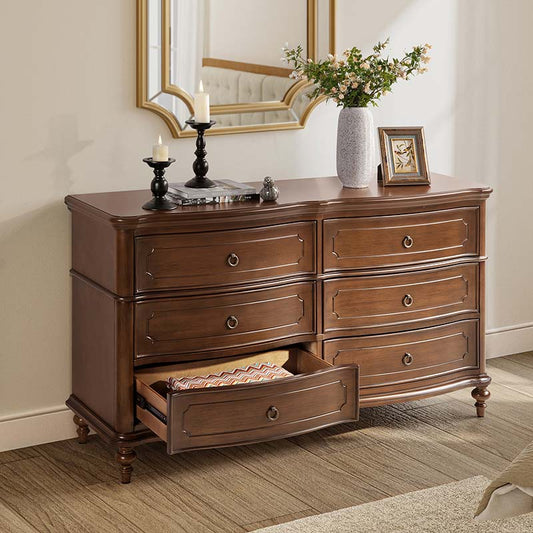

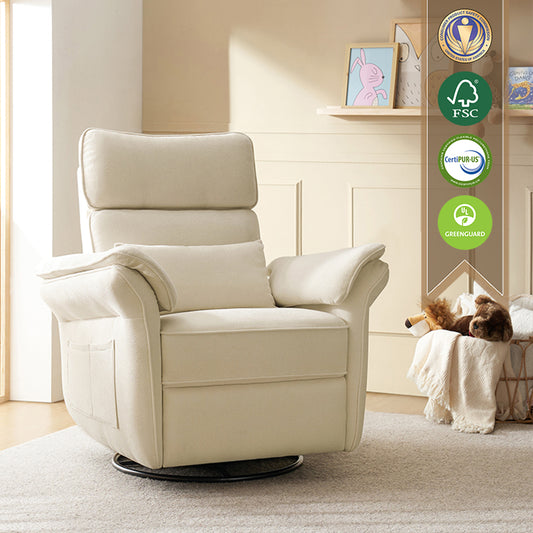
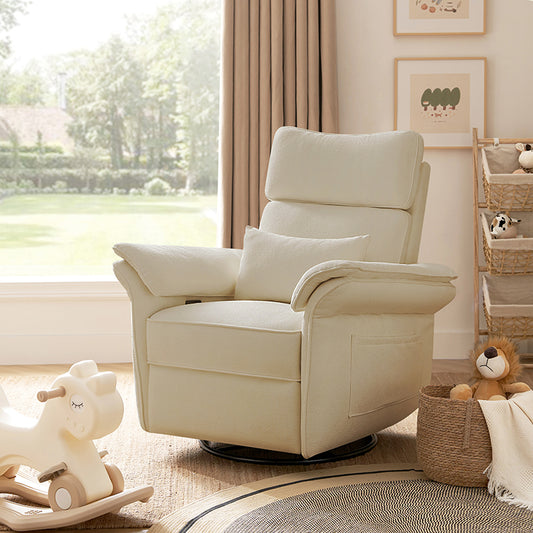
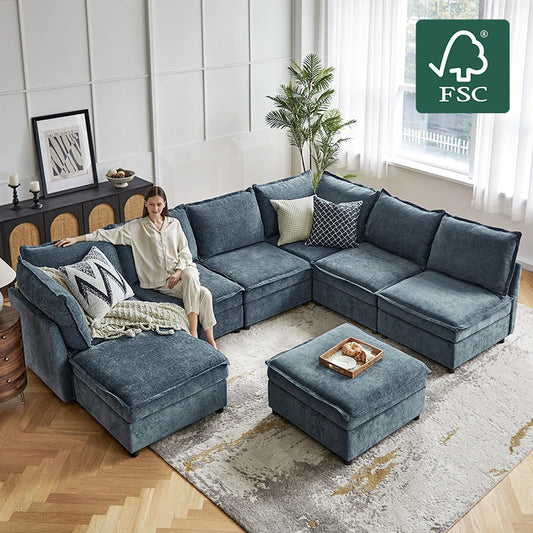
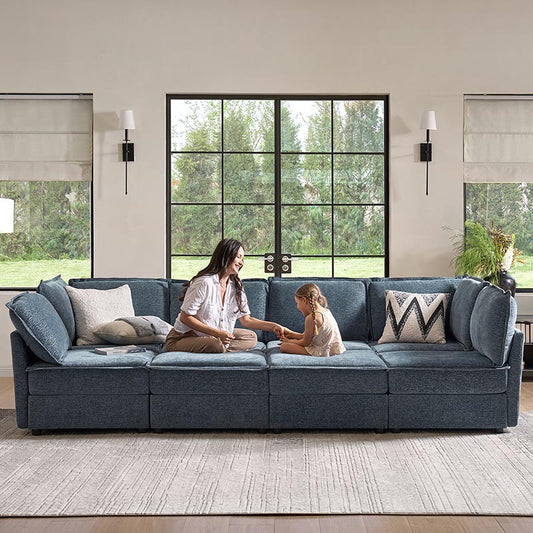
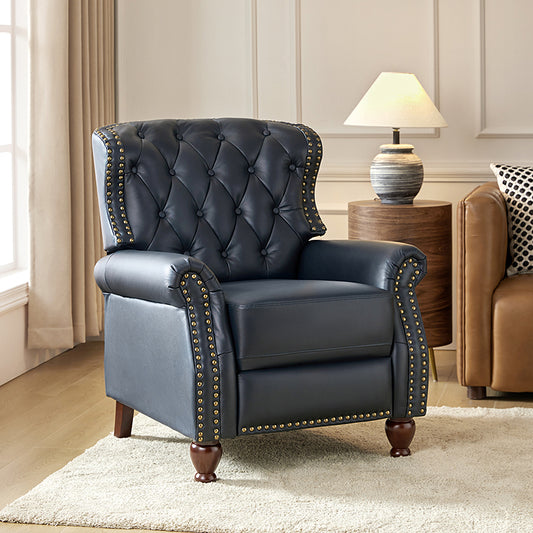
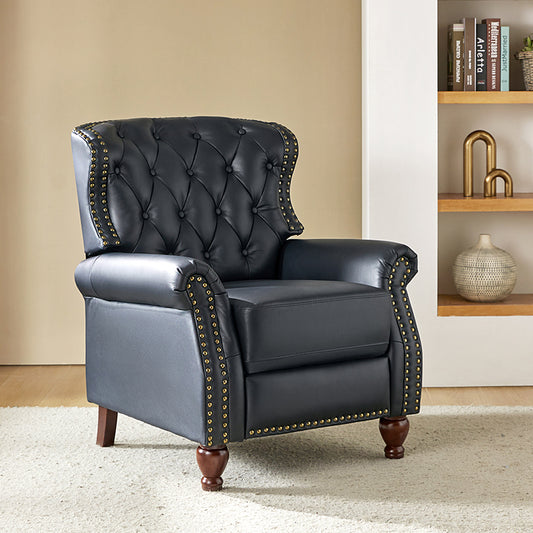

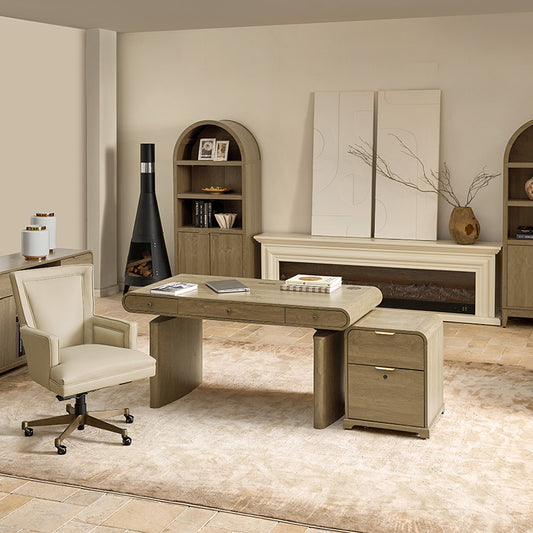
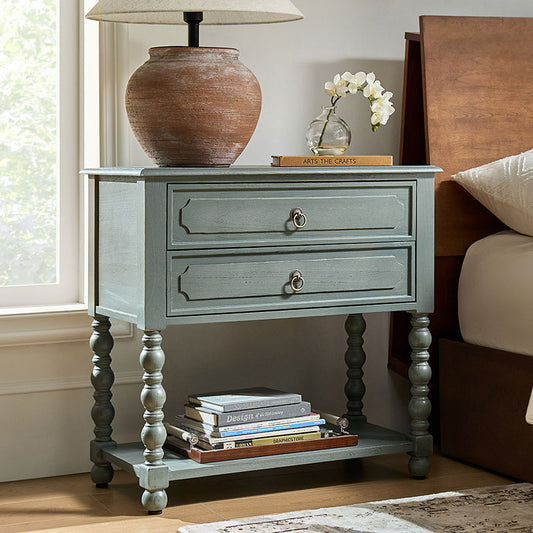
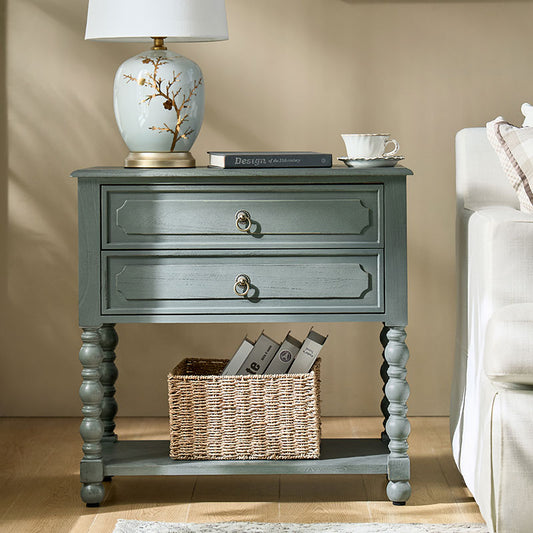
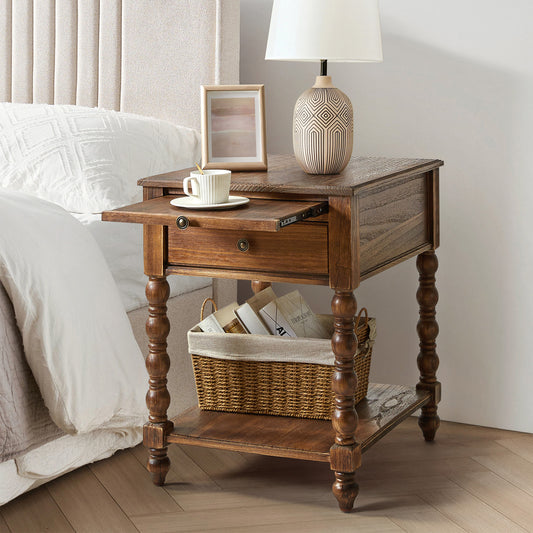
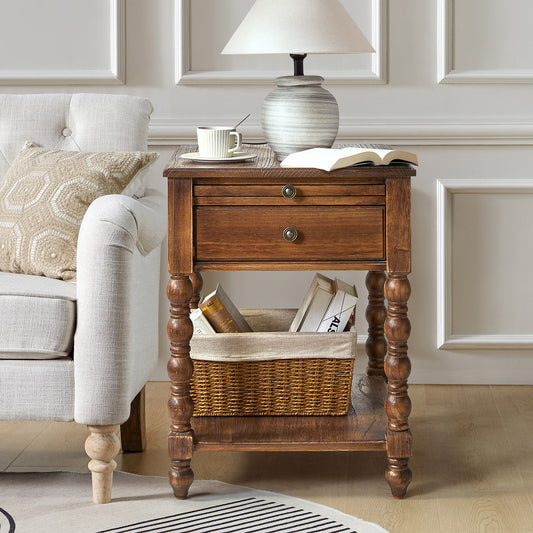









No comments